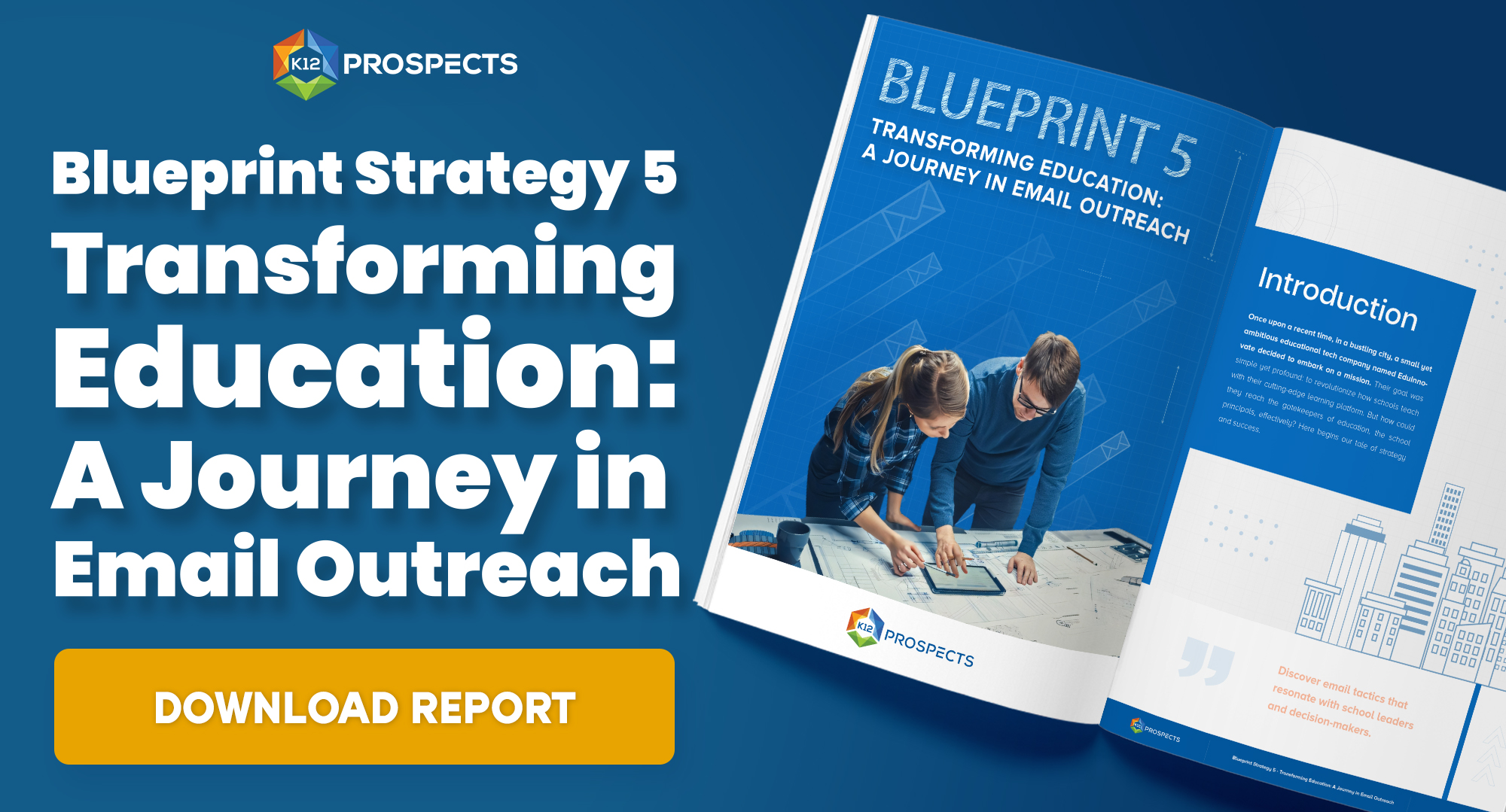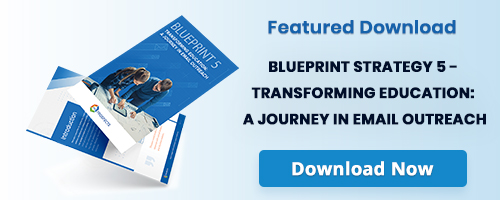How do you market to school districts and education institutions?

Marketing to school districts and education institutions requires a nuanced approach that respects the unique environment of educational settings. Unlike traditional business-to-business or business-to-consumer marketing, targeting educational institutions involves navigating a complex landscape of decision-makers, budget constraints, and a fundamental commitment to student outcomes. This article explores effective strategies for marketing to this specialized audience, highlighting the importance of understanding educational needs, developing resonant messaging, choosing appropriate channels, and measuring success to refine ongoing efforts. As we delve into these strategies, we’ll uncover how marketers can make meaningful connections with educational leaders to promote products and services that genuinely enhance the learning experience.
Understanding Your Audience
The first step in marketing to school districts and education institutions is identifying the key decision-makers. These typically include superintendents, principals, IT directors, and curriculum coordinators, each with their own set of priorities and concerns. Understanding these roles and their impact on purchasing decisions is crucial for tailoring your marketing efforts effectively.
Educational institutions prioritize products and services that demonstrate a clear benefit to student outcomes, efficiency, and compliance with educational standards. Marketers must align their offerings with these priorities, presenting solutions that address specific educational challenges or goals. Conducting market research and engaging directly with educators can provide valuable insights into the needs and preferences of your target audience.
Developing Effective Messaging
Once you understand your audience, the next step is to develop messaging that speaks to their priorities. Messages should emphasize how your product or service enhances the educational experience, improves learning outcomes, or streamlines administrative tasks. It’s also important to articulate the long-term benefits and return on investment (ROI) of your offering, as educational budgets are often tight and scrutinized for efficacy.
Your messaging should resonate with educational values, focusing on collaboration, innovation, and the holistic development of students. Tailor your language to be both inspiring and practical, highlighting case studies or testimonials from other educational institutions to build credibility and trust.
Choosing the Right Marketing Channels
Selecting the appropriate channels to reach your audience is critical in the education sector. Digital marketing strategies, such as email campaigns, can be extremely effective, especially when they’re personalized and informative. Educational blogs and forums also offer opportunities to engage with educators and decision-makers in a more direct and meaningful way but not as much as sending email directly to the decision-maker inbox.
Attending educational conferences and events is another powerful strategy, providing a platform for face-to-face interaction and networking with key stakeholders. These events allow you to demonstrate your products or services firsthand, answer questions, and build relationships that can lead to future opportunities.
Direct outreach, including personalized emails and phone calls, remains a valuable tool for connecting with decision-makers. This approach should be used judiciously, focusing on building genuine relationships rather than making a hard sell. Offering free trials, demos, or educational webinars can be an effective way to introduce your offering and demonstrate its value in a practical context.
Content Marketing for Education
Content marketing plays a pivotal role in reaching and engaging education sector audiences. Creating high-quality, educational content that addresses current trends, challenges, and innovations in education can position your brand as a thought leader and trusted resource. This content can take many forms, including blog posts, white papers, case studies, and instructional videos, each offering valuable insights and solutions to your audience.
Case studies and testimonials from other schools or districts that have successfully implemented your product or service are particularly compelling. They provide tangible evidence of your offering’s impact, helping to alleviate concerns and build confidence among potential buyers. Leveraging social proof through success stories and endorsements can significantly influence the decision-making process in your favor.
Partnerships and Collaborations
Forming partnerships with educational organizations, influencers, and thought leaders can amplify your marketing efforts and enhance your credibility within the education sector. These collaborations can take various forms, from co-hosting educational webinars to sponsoring events or conducting joint research projects. Such partnerships not only extend your reach but also associate your brand with established and respected entities in education, bolstering your reputation and trustworthiness.
Measuring Success and Adjusting Strategies
To ensure the effectiveness of your marketing efforts, it’s important to set clear goals and measure your progress using key performance indicators (KPIs) specific to the education market. These might include engagement rates, inquiry volumes, conversion rates, and customer feedback. Regularly analyzing these metrics allows you to refine your strategies, making adjustments based on what’s working and what’s not. Soliciting feedback directly from your educational audience can also provide invaluable insights, helping to tailor your offerings and marketing approaches more closely to their needs.
Marketing to school districts and education institutions requires a thoughtful and strategic approach, grounded in a deep understanding of the education sector’s unique needs and challenges. By developing resonant messaging, choosing the right channels, leveraging content marketing, and forming strategic partnerships, marketers can effectively reach and engage this specialized audience. Success in this field demands not just persistence and creativity but a genuine commitment to enhancing educational outcomes. As marketers refine their strategies based on feedback and performance metrics, they can build lasting relationships with educational institutions, contributing to the ongoing improvement of learning experiences for students everywhere.
Let us at K12 Prospects help you reach directly to the decision-makers and influencers in schools and districts. You can use our platform to acquire email data of each individual decision-maker.



